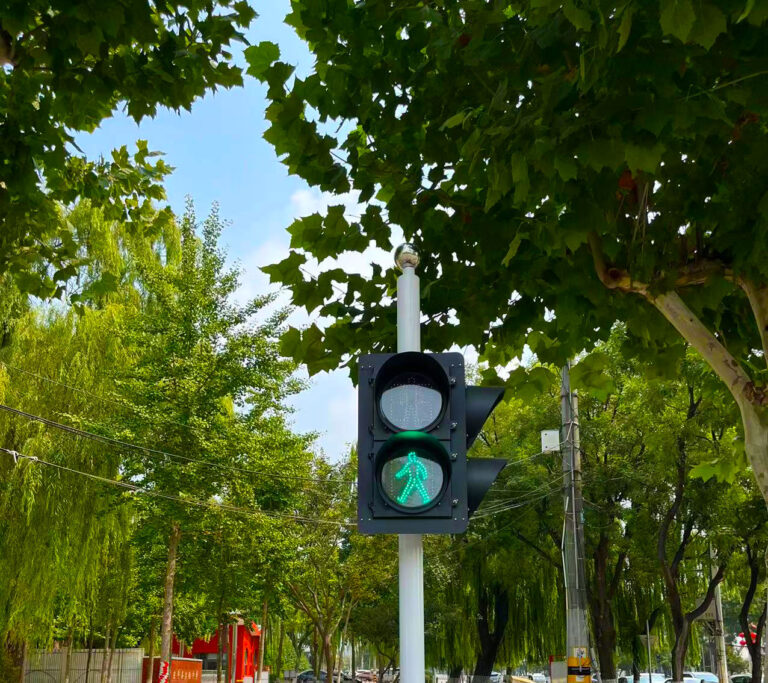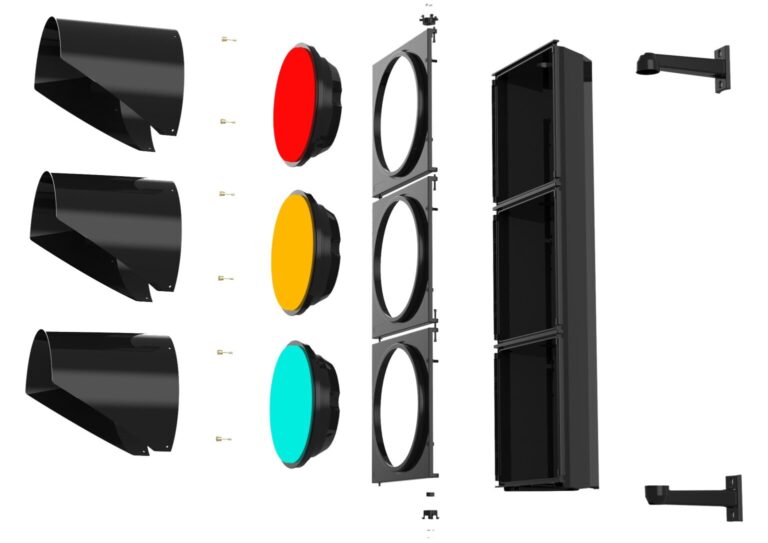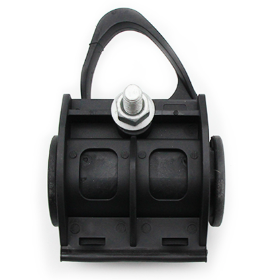In an era where digital entertainment dominates, board game shops have carved out a unique and thriving niche. These spaces are no longer just retail outlets—they’ve become cultural hubs, social sanctuaries, and creative incubators for analog play. As the board game industry continues to grow, shops are evolving to meet the needs of a diverse and passionate community.
The Modern Board Game Shop: A Hybrid Experience
Today’s board game shops are redefining what it means to be a local business. Many now blend retail with café-style seating, demo libraries, and event hosting. This hybrid model transforms the shop into a destination, not just a transaction point.- Try-before-you-buy: Customers can test games before purchasing, reducing buyer’s remorse and increasing engagement.
- Community tables: Open play areas encourage spontaneous games and social interaction.
- Events and tournaments: Weekly game nights, themed events, and tournaments foster a sense of belonging and friendly competition.
Recent Trends Shaping Board Game Shops
Several developments in 2025 are influencing how board game shops operate and thrive:Crowdfunding Integration
With many new games launching via crowdfunding platforms, shops are adapting by offering early access demos or exclusive editions. Some even partner with designers to host preview nights, giving players a chance to try unreleased titles.Local Game Showcases
Shops are spotlighting local game designers and indie publishers, offering shelf space and hosting launch events. This not only supports small creators but also gives customers access to unique, regionally inspired games.Eco-Conscious Retailing
Sustainability is a growing concern. Shops are reducing plastic packaging, offering secondhand game exchanges, and promoting titles made with recycled materials.Digital-Analog Synergy
Some shops now offer digital tools—like QR code rulebooks or augmented reality tutorials—to enhance the analog experience. This blend of tech and tradition appeals to both new and seasoned players.Themed Pop-Ups and Seasonal Events
Temporary pop-up shops and seasonal game festivals are drawing in new audiences. These events often feature curated game selections, outdoor play areas, and family-friendly programming.Why Board Game Shops Matter
Beyond commerce, board game shops serve vital roles in their communities:- Social connection: They provide a screen-free space for people to connect, collaborate, and compete.
- Education and development: Many games promote critical thinking, communication, and creativity—skills that shops help nurture through workshops and youth programs.
- Cultural exchange: With games from around the world, shops become gateways to global storytelling and traditions.
How to Make the Most of Your Local Board Game Shop
Whether you're a newcomer or a seasoned gamer, here are some tips to fully enjoy what your local shop has to offer:- Ask for recommendations: Staff are often passionate gamers themselves and can guide you to the perfect title.
- Join a game night: It’s a great way to meet new people and try games you might not otherwise pick up.
- Explore the demo library: Many shops have shelves of open games available for in-store play.
- Support local creators: Look for indie titles and locally designed games that may not be available online.
- Respect the space: Clean up after playing, be mindful of others, and support the shop by making purchases when you can.
Seasonal Spotlight: Summer at the Game Shop
Summer 2025 has brought a wave of warm-weather programming to board game shops:- Outdoor game nights: Shops are hosting al fresco events in parks and plazas, featuring giant board games and picnic-style play.
- Family-friendly afternoons: With school out, shops are offering daytime programs for kids and families, including storytelling games and creative workshops.
- Travel game bundles: Compact, portable games are being curated for vacationers and road-trippers looking to unplug on the go.
Looking Ahead: The Future of Board Game Shops
As the board game industry continues to innovate, shops will remain at the heart of the experience. Future developments may include:- Subscription-based game libraries
- In-store game design labs
- Cross-cultural game nights
- Collaborations with schools and libraries






